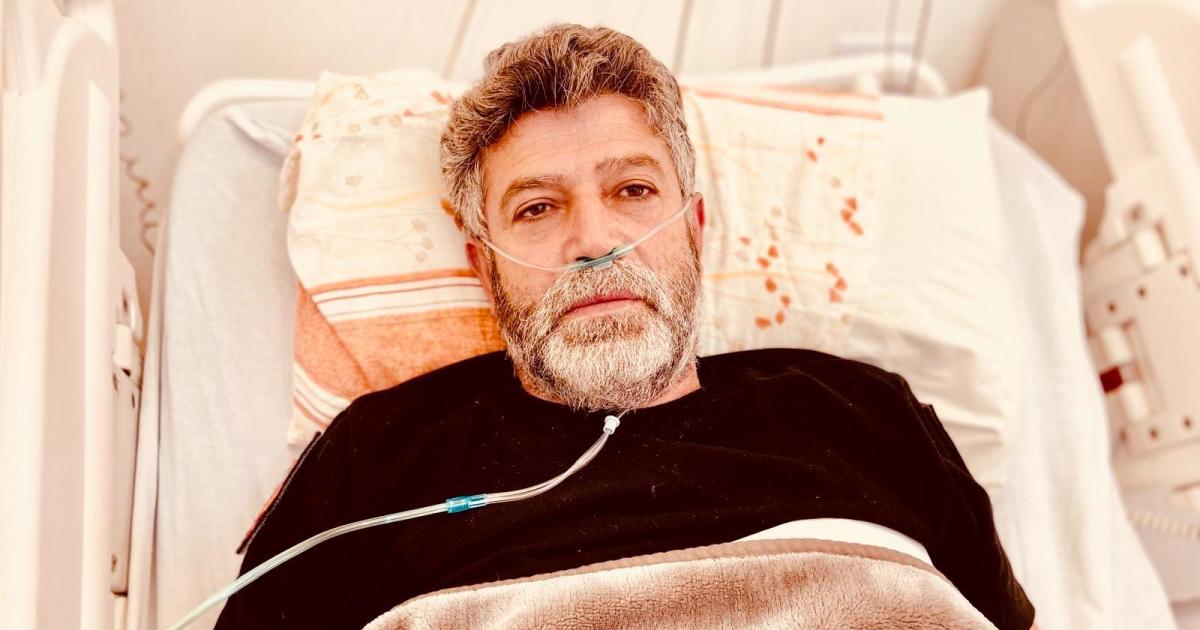The ongoing conflict in Lebanon has resulted in a devastating humanitarian crisis, with escalating violence causing widespread destruction and immense suffering. The Israeli Defense Forces (IDF) have intensified their military operations against Hezbollah, leading to a sharp increase in civilian casualties, including healthcare workers and first responders. This heightened conflict has significantly impacted the ability of essential medical services to operate effectively, leaving countless individuals in urgent need of life-saving assistance. The situation is further exacerbated by reports of deliberate targeting of medical personnel and facilities, adding a layer of complexity and moral concern to the already precarious circumstances. This analysis explores the situation, focusing on the perilous work of Lebanese first responders amidst the escalating conflict.
The Perilous Work of Lebanese First Responders
Facing Constant Danger
Lebanese first responders, including paramedics and rescue workers, are operating under exceptionally dangerous conditions. They are not only confronting the immediate aftermath of airstrikes and explosions, navigating through rubble and debris to locate and extract survivors, but they are also facing the constant threat of further attacks. Reports indicate that these vital workers are being deliberately targeted, leading to significant casualties amongst their ranks. Hussein Fakih, head of a rescue team in Nabatiyeh, has explicitly stated that Israeli forces have begun to directly target their operations. This claim is backed by the high number of casualties within his team alone: eight members killed and 35 wounded in a single month, alongside the destruction of 90% of their equipment. This blatant disregard for the safety of those attempting to save lives underscores the gravity of the situation. Such targeting is a blatant violation of international humanitarian law and calls into question the IDF’s stated commitment to minimizing civilian harm.
The Psychological Toll
The relentless exposure to death and destruction is taking a profound psychological toll on Lebanon’s first responders. Hussein Jaber, a first responder and nephew of Hussein Fakih, recounted the harrowing experience of witnessing the death of his colleague, Naji Fahs, who was killed by an Israeli airstrike near their base. These constant reminders of the brutality of war, coupled with the ever-present risk to their own lives, lead to unimaginable stress and trauma. Jaber’s account underscores the profound impact of this conflict on individuals who are already battling an incredibly demanding and emotionally taxing situation, The constant exposure to violence not only affects individual rescuers, but contributes to a pervasive atmosphere of fear and uncertainty that exacerbates the overall humanitarian crisis. Providing adequate psychological support for these workers is critically needed.
IDF’s Justification and Counterarguments
Official Statements
The IDF has maintained that its operations adhere strictly to international law. They attribute the presence of casualties among civilians to Hezbollah’s alleged tactic of embedding its military assets within densely populated civilian areas. Furthermore, the IDF claims to issue advance warnings to civilians whenever possible, emphasizing their efforts to mitigate harm to the civilian population. This narrative positions the IDF as acting defensively, while portraying Hezbollah as the primary culprit in causing civilian harm.
Discrepancies and Counter-Narratives
However, numerous accounts from Lebanese rescuers and civilians directly contradict the IDF’s claims. Many reports suggest a lack of sufficient warning before airstrikes, especially in residential areas, creating situations where evacuation is impossible or too dangerous for many. Even in cases where warnings are given, their effectiveness is questionable considering the rapidity with which airstrikes can follow, potentially leaving civilians trapped and without safe places to flee. The experiences recounted by first responders indicate that these warnings are not always timely or sufficient enough, directly undermining the IDF’s assertion that such warnings have significantly reduced harm.
The Humanitarian Crisis and International Response
The Growing Casualties
The casualty figures tell a stark story of the devastating humanitarian crisis unfolding in Lebanon. As of October 10th, over 87 health care workers had been killed, and that number has significantly increased in the weeks following, reportedly well above 120 according to CBS News’ sources. Furthermore, there have been numerous instances of ambulances and relief centers being damaged or directly attacked which leads to significant disruption of humanitarian assistance, compounding the scale of this catastrophe. The sheer volume of civilian causalities directly refutes claims by the IDF and highlights a disturbing escalation of violence which demonstrates a complete disregard for the safety and wellbeing of Lebanese citizens.
Urgent Need for Action
The continued attacks on medical personnel and facilities represent a grave violation of international humanitarian law and hinder the ability to provide desperately needed assistance. The international community must exert increased pressure on all parties involved to ensure respect for international humanitarian law and allow safe and unhindered humanitarian assistance to reach all those affected. Immediate action is crucial to ensure that first responders have access to the protection and support they require, and that efforts are focused on providing relief and aiding those harmed by the violent conflict. Independent investigation and verifiable accounts of all casualties is essential to provide clarity to the crisis.
Take Away Points:
- The conflict in Lebanon has created a dire humanitarian crisis with significant civilian casualties, including numerous first responders.
- Lebanese first responders report being directly targeted, contradicting the IDF’s claims of adhering to international law.
- The psychological impact on rescuers is immense, compounded by the constant risk to their lives.
- The international community needs to exert increased pressure on all parties to respect international humanitarian law and ensure access to humanitarian assistance.




